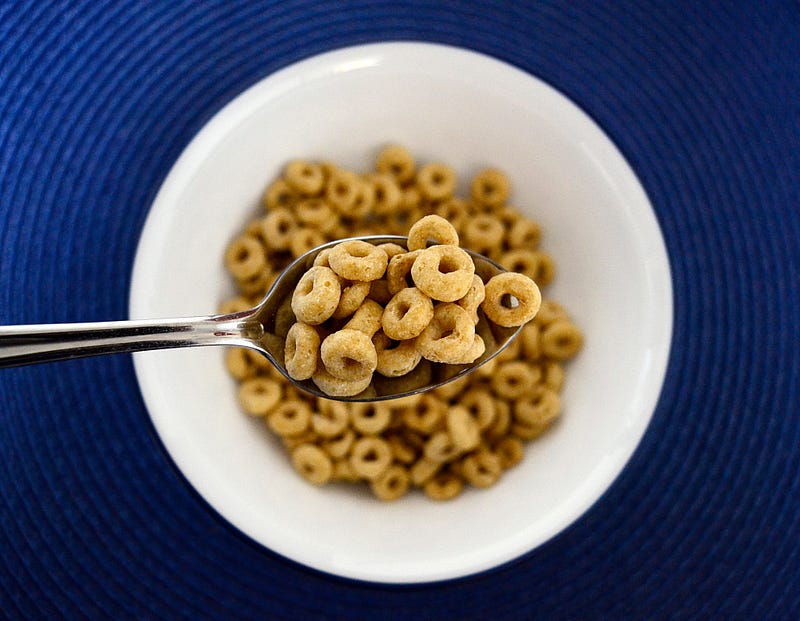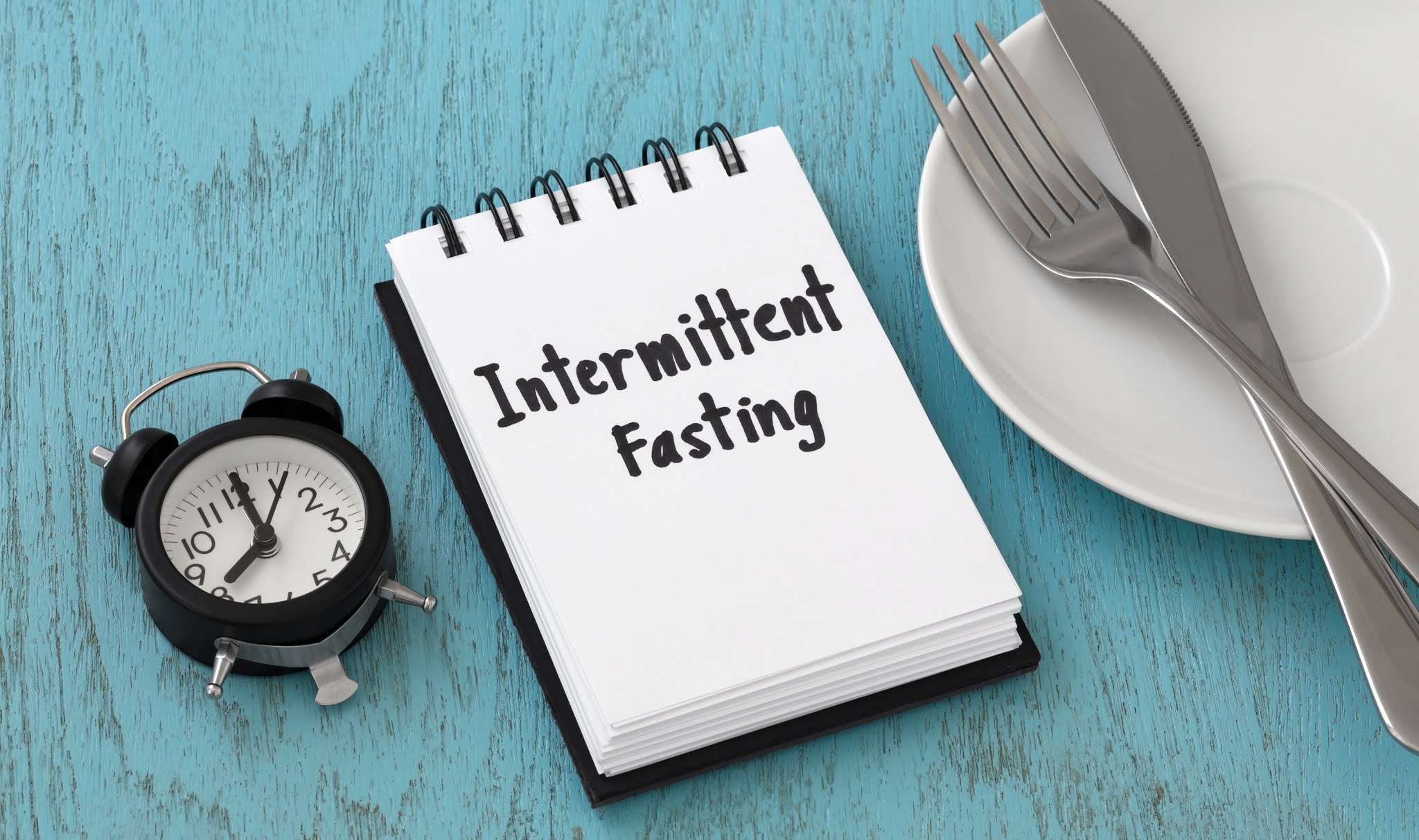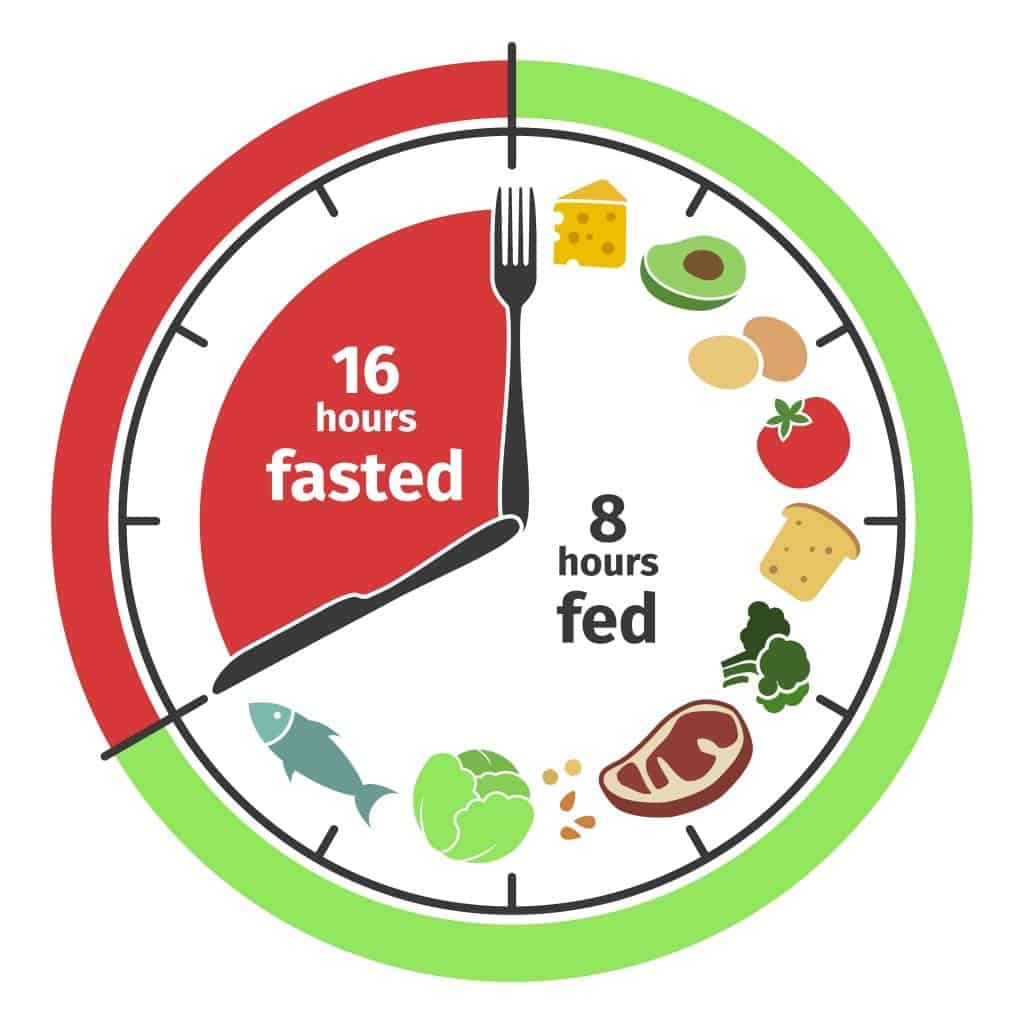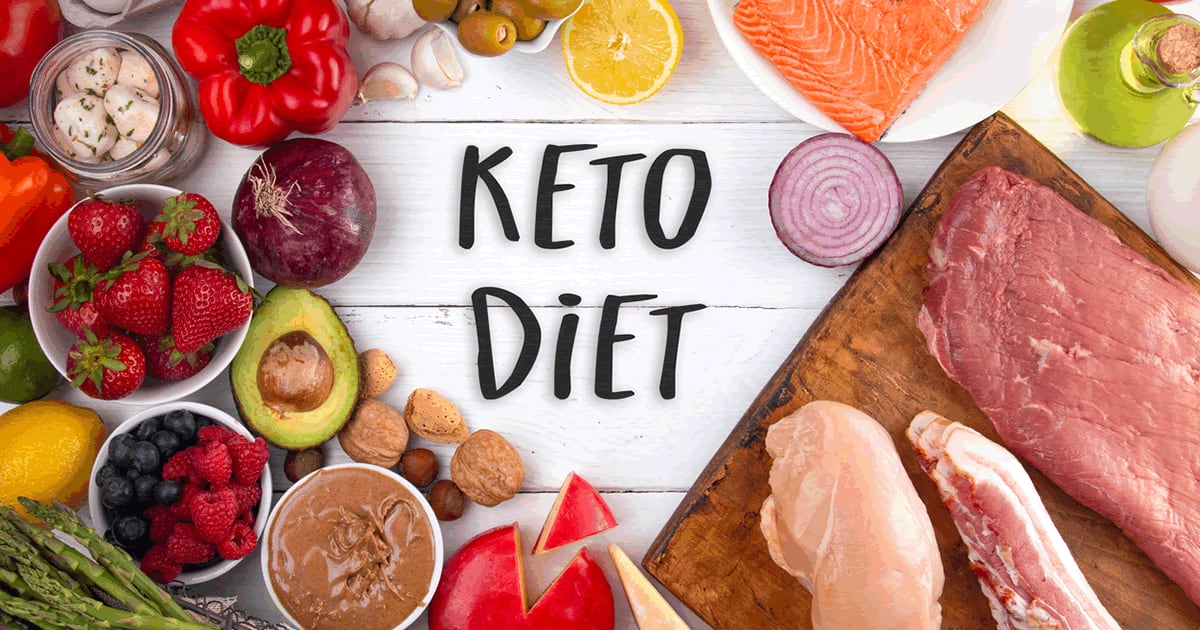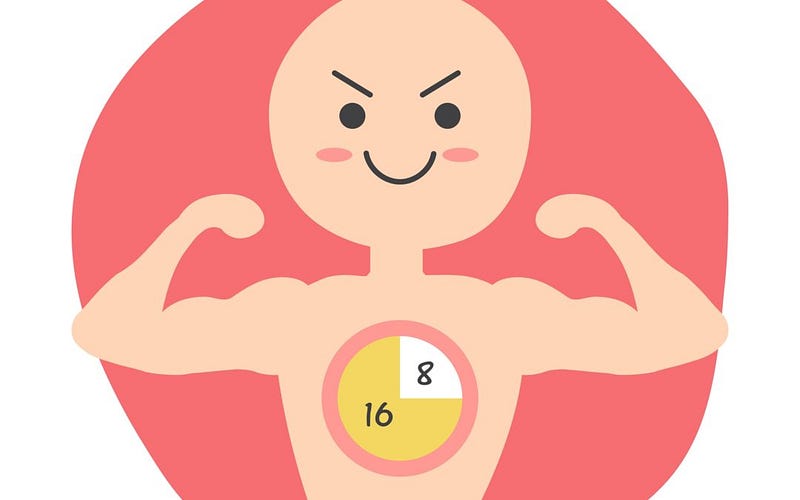 |
| Does intermittent fasting affect lean muscle mass? |
Intermittent fasting has been in the news lately. This is not surprising as it is a very popular diet. But does it affect lean muscle mass?
There are several types of intermittent fasting, but they all share one thing in common — which is that they last longer than the regular overnight fast.
Several pieces of nutrition-based research have shown that intermittent fasting can help a person to lose some fat. However, there’s a little bit of alarm in that it seems to have the potential to cause muscle loss.
In this article, we will discuss explicitly how intermittent fasting affects your lean muscle mass.
What is intermittent fasting?
As popular as the concept of intermittent fasting is, there’s still some confusion as to what it is.
This is not surprising because intermittent fasting is a really broad term that describes several kinds of eating. The commonest types of intermittent fasting include (1):
- Time-restricted fasting: Intake of calories is restricted to a couple of hours daily, ranging from 4–12 hours. In most cases, there’s always an 8-hour eating period.
- Alternate-day fasting: In this form of fasting, you will alternate between non-fasting and fasting days. What this implies is that you’ll fast on other days, but not fast on some. Some people may not have any meals on fast days, but in many cases, people do have small meals on fasting days.
- 5:2 diet: It is similar to periodic and alternate-day fasting. On a 5:2 diet, you’ll eat well for 5 days a week, and for the remaining 2 days, you’ll have just 25% of your normal calories.
- Periodic fasting: Another name for this is whole-day fasting. In a periodic fast, you will have occasional fasts separated by weeks or days of normal eating.
What happens during weight loss?
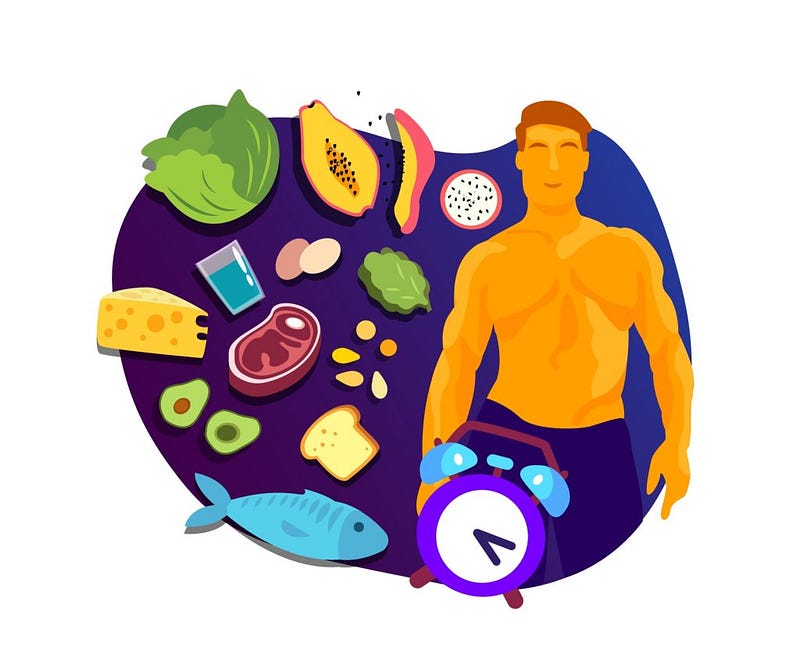 |
| Can you fast and gain muscle at the same time? |
You see, weight loss involves the shedding of unwanted body fat, but it is much more than that. When you lose weight, you equally lose lean body mass, visceral fat, bodily fluids, and of course, water weight.
Does intermittent fasting affect lean muscle mass?
Water weight refers to the fluids that can accumulate in your body tissues due to stress, poor nutrition, or hormonal changes. Instead of the fluid getting released, it is stored by your body between your skin and organs. This water weight may be referred to as bloating.
When you start intermittent fasting, your carb levels will reduce and your body will switch to glycogen for energy. Glycogen is activated by water. So, your body makes use of the water in its stores to create energy from glycogen.
Fat burning starts immediately after your water bloat is drained. This process also burns your muscle. Research suggests that you can burn fat and also gain lean muscle simultaneously during an intermittent fast.
What are the odds of losing muscle when fasting?
Most studies on intermittent fasting have been targeted primarily at weight loss (1).
Note that one can lose weight without exercise, but in this case, the weight loss will be due to the loss of lean mass and fat. Leans mass means everything (including muscle) except fat (2).
This applies to weight loss caused by intermittent fasting as well as other diets.
Many studies have shown that a person may lose small amounts of lean mass after fasting intermittently for several months (1).
But then, other studies could not find any loss of lean mass (3, 4).
Many studies, however, have concluded that intermittent fasting may help maintain lean mass as compared to other non-fasting diets. But there’s a need for further research on this subject (5).
Generally, you may not lose your muscle on an intermittent fast compared to other weight-loss diets.

